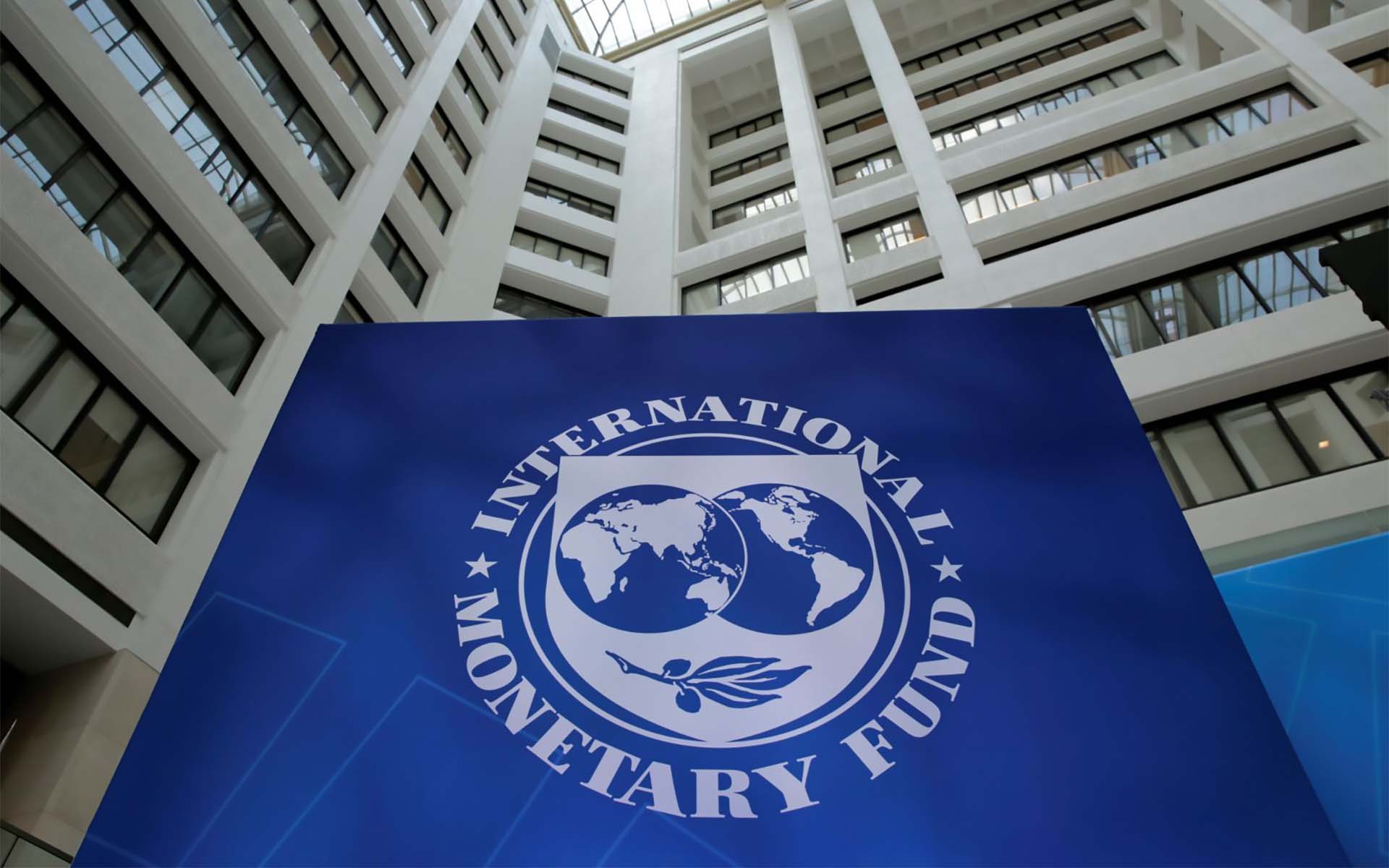The IMF warns that global public debt has reached a record high and raises the alarm for immediate fiscal measures in all countries. In a press briefing at the 2024 IMF and World Bank Virtual Annual Meetings, Vitor Gaspar, Director of Fiscal Affairs Department in the IMF said it is now clear that public debt will soar beyond an unimaginable USD 100.00 trillion his year.
“Deficits are high and global public debt is elevated as well, not just going up but risky,” Gaspar said adding that globally the debt-to-GDP ratio might approach 100% of GDP by the end of this decade and overshoot peaks observed during the pandemic. He further added that this trajectory is a real source of danger for the economic identity in several states.
Gaspar also says that about one-third of countries are witnessing a faster pace of increase in their public debt ratios than pre-pandemic. Among these are not just economic powerhouses like China and the US, but also countries such as Brazil, France, Italy, South Africa, and the UK. Together, these economies represent about 70.0% of global GDP, which makes their fiscal health quite important for global financial stability.
China, however, is a special case. As Gaspar pointed out, China has significant policy, it has the tools it needs to manage its debt dynamics effectively. “China has the means to put its public debt under control,” he said, offering a somewhat optimistic view for the world’s second-largest economy.
The IMF’s October 2024 Fiscal Monitor, echoes Gaspar’s concerns, that public debt risks are more severe than they may initially appear. According to the report, future debt levels could be much higher than projected, and more substantial fiscal adjustments will be needed to stabilize or reduce debt with a reasonable degree of certainty.
IMF Deputy Director Era Dabla-Norris, along with her associates, revealed the findings of a new framework called ”debt-at-risk’ which connects the current macro-financial and political conditions to the possible future debt situations in a report blog. The study reveals that many countries will be unable to control their debt levels in the absence of substantial reforms. Thus, making the global financial situation to become even more dangerous.
Gaspar at a press briefing put out a red flag, he told governments to reconsider their ways of managing their budgets. “The fiscal plans that are already in place are not enough to make sure there is a stable or decreasing debt to GDP ratio,” he said. “Delaying the adjustment is both costly and risky. The time to act is now.”

















